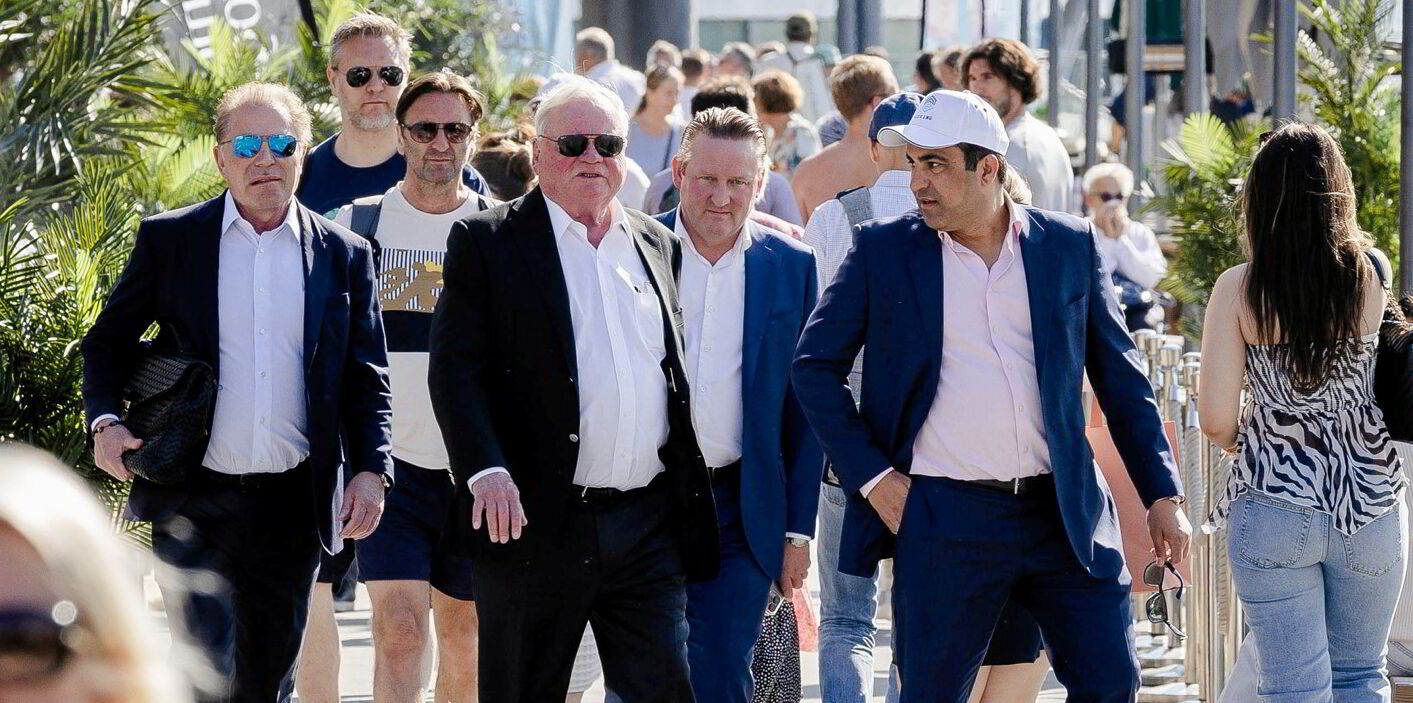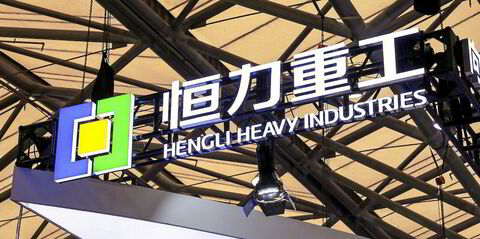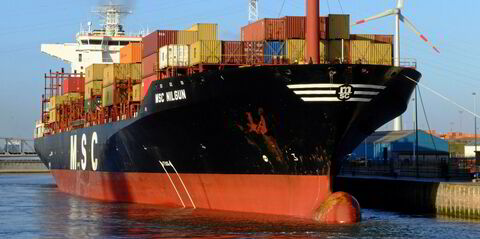Euronav shareholders John Fredriksen and the Saverys family “sidelined” the Belgian tanker company’s directors during talks to carve up the fleet, a court has found.
Brussels Market Court ruled both parties also placed “tremendous pressure” on Euronav’s supervisory board to get the $2.35bn sale of 24 modern VLCCs to Fredriksen’s Frontline done last year.
Rebel shareholder FourWorld Capital Management had taken the Saverys’ private Compagnie Maritime Belge to court in an attempt to raise the mandatory bid price CMB paid for Euronav shares in March following the exit of Fredriksen.
The court found CMB had undervalued the price by $0.52 per share, meaning other shareholders could be in line for a payout of $46m, FourWorld said.
This sum takes into account the 69.2m shares tendered and those remaining that may be sold if the public offer is reopened.
It is now up to Belgium’s Financial Services and Markets Authority (FSMA) to decide whether to require CMB to pay the extra money.
FourWorld said the court found that when calculating the bid price, CMB had failed to take into account special advantages worth $104m granted to Frontline when simultaneously selling it the “best part” of Euronav’s fleet.
“The court’s findings are exceptionally critical of CMB and Frontline,” the US fund added.
The judgment says: “It is particularly curious that the negotiations regarding the sale of the fleet, although they involved a transaction between Frontline and Euronav, took place exclusively between Frontline and CMB.”
“Euronav was not at the negotiating table. As FourWorld rightly puts it, Euronav was completely sidelined,” it added.
“CMB and Frontline exerted tremendous pressure on Euronav’s supervisory board. The independent chairwoman of the council, in particular, was placed under intense pressure,” the court said.
The chair was Grace Reksten Skaugen at the time.
Not normal?
“Under normal market conditions, transactions are negotiated between directly involved parties, especially between buyer and seller. This is not what happened here,” the ruling continued.
The court also said the $2.35bn price cannot be considered to “conform” to the market.
“This price implied a particular advantage in favour of Frontline,” it concluded.
FourWorld said the ruling breaks new legal ground in Belgium and abroad regarding judicial protection of minority shareholders, “putting brazen bidders willing to game the system on notice”.
CMB declined to comment further. Frontline has been contacted for comment.
CMB and Euronav said on Sunday night that the ruling largely rejected FourWorld’s claims, including some that were “inadmissible and/or unfounded”.
The US fund said the findings were only made possible after key documents, including supervisory board meeting minutes, legal and financial advice and further evidence, were made available to the public following a court ruling in the US earlier this year in a case also brought by FourWorld.
The investment company is seeking to annul the deal in a separate Belgian court action due in 2026.
John Addis, FourWorld’s founder and chief investment officer, said: “Friday’s ruling makes it clear that Euronav’s two largest shareholders acted to serve their own interests at the expense of the company and minority shareholders, which is an important first step in unravelling this deal.”
“We believe there was a far greater cost to independent shareholders than recognised by the Brussels Market Court on Friday,” he added.
Addis added: “CMB and Frontline managed to pull off the deal of a lifetime underneath the noses of Euronav’s supervisory board and financial regulators.
“Our years of experience fighting for minority shareholder interests have shown that if a deal looks too good to be true, it probably is. FourWorld will continue to fight through the courts for a fair outcome to this case.”
The FSMA has been ordered to re-examine the bid.
The financial authority told TradeWinds it welcomed the ruling, which confirmed “its approach in terms of both form and substance”.
“The court’s assessment of the existence of an advantage relates only to a specific element of the case (all other arguments being rejected) and has only a very limited potential impact on the price,” it said.
The financial watchdog has taken note of the decision and explained that the court did not consider itself competent to impose a price increase.
“The FSMA will take steps to implement this judgment and to assess any price increase, in the context of its autonomous competences that have been confirmed by the court,” it added.




